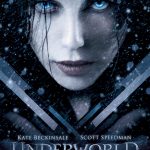Harry Potter and the Sorcerer’s Stone (2001)
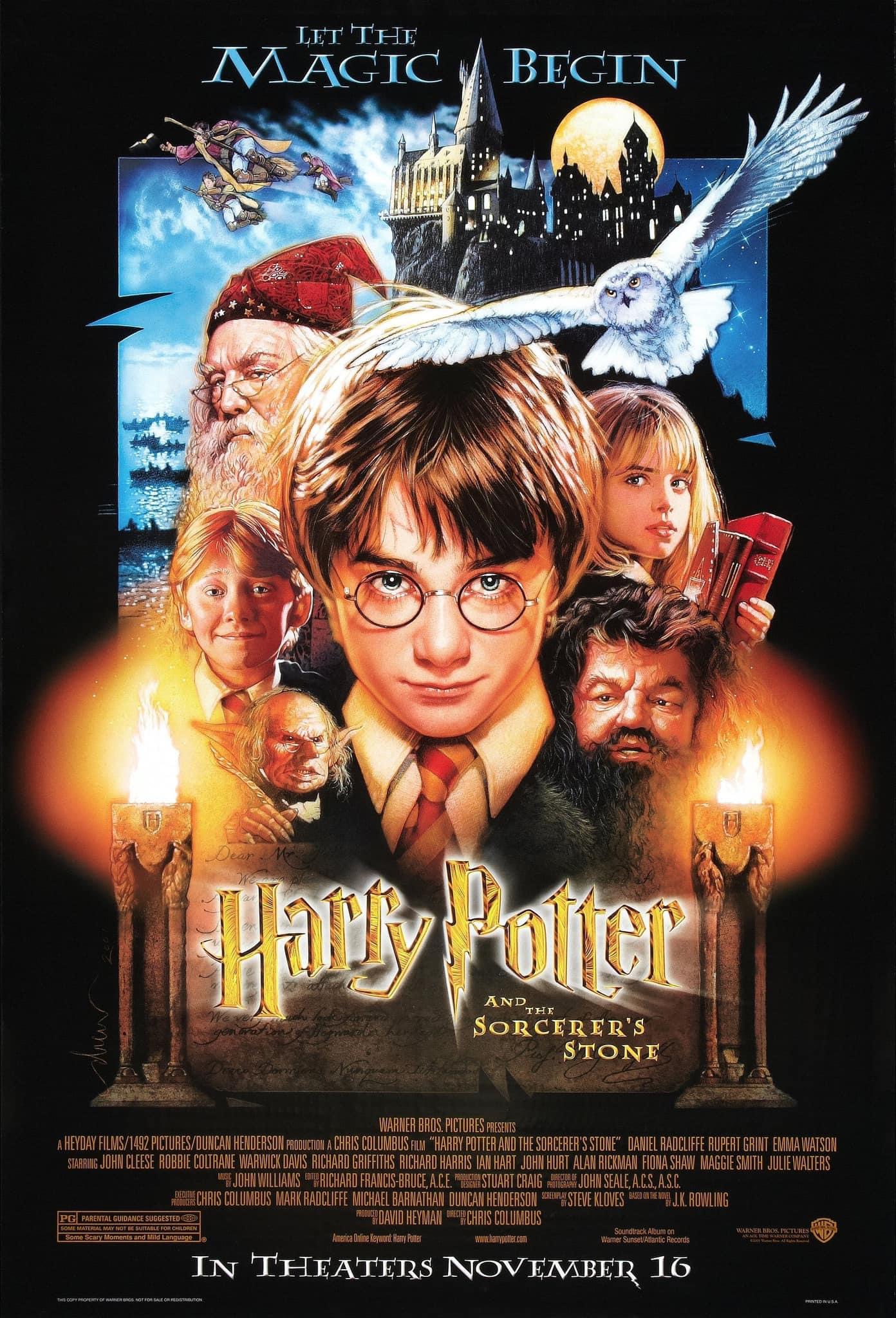
Harry Potter and the Sorcerer’s Stone (2001), directed by Chris Columbus, marks the beginning of one of the most beloved film franchises in modern cinema. Adapted from J.K. Rowling’s wildly popular novel, the film had the enormous task of bringing the magical world of Hogwarts to life while staying true to the hearts of fans who had long imagined the world in their minds. As the first installment in what would become a worldwide phenomenon, it introduces audiences to Harry’s journey from a neglected boy living under the stairs to a young wizard discovering his extraordinary destiny.
Suggested videos for you:
Plot Overview
The story follows Harry Potter (Daniel Radcliffe), an orphaned boy living with his abusive aunt, uncle, and cousin. On his 11th birthday, Harry learns that he is a wizard and has been accepted to attend Hogwarts School of Witchcraft and Wizardry. At Hogwarts, he discovers a world of magic, makes lifelong friends Ron Weasley (Rupert Grint) and Hermione Granger (Emma Watson), and uncovers the truth about his parents’ death and his connection to the dark wizard Lord Voldemort. Throughout the film, Harry navigates the trials of being a new student at Hogwarts while also unraveling the mystery of the Sorcerer’s Stone, a powerful artifact hidden within the school.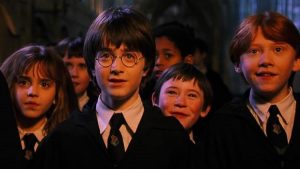
Performances
One of the standout aspects of Harry Potter and the Sorcerer’s Stone is its impeccable casting. Daniel Radcliffe embodies the earnestness and innocence of Harry, even though he, like the rest of the young cast, was still growing into his role. Rupert Grint brings humor and warmth to the role of Ron, and Emma Watson shines as the brilliant and bookish Hermione. The chemistry between the three leads is palpable from the start, laying the foundation for the deep friendships that will drive much of the series.
The adult cast is equally stellar. Richard Harris as Albus Dumbledore exudes wisdom and kindness, perfectly capturing the serene authority of Hogwarts’ headmaster. Maggie Smith, as Professor McGonagall, commands respect with a sharp yet caring demeanor, while Alan Rickman’s portrayal of Professor Snape steals many scenes with his icy, enigmatic presence. Rickman’s subtle and layered performance hints at the complexities of Snape’s character that will unfold in future films.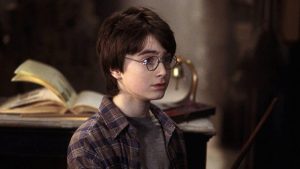
Visual Effects and Cinematography
For a film set in such a richly imagined world, the visual effects were crucial. The production team’s success in bringing J.K. Rowling’s magical vision to life is one of the film’s greatest achievements. From the grandeur of Hogwarts Castle to the playful magic of moving staircases, portraits, and spellcasting, The Sorcerer’s Stone immerses viewers in a fully realized magical world. The special effects were groundbreaking for their time, creating memorable moments like Harry’s first Quidditch match and the hauntingly realistic depiction of the Dark Forest and its creatures.
The cinematography by John Seale enhances the wonder of the world, with sweeping shots of Hogwarts’ vast grounds and interiors that emphasize the castle’s mystery and grandeur. The visual tone of the film is deliberately childlike and warm, with soft lighting and rich color palettes that highlight the magical atmosphere of Harry’s newfound world.
Direction and Faithfulness to the Source Material
Chris Columbus was an ideal choice to direct this first film, as his experience with family-friendly films like Home Alone and Mrs. Doubtfire gave him a solid foundation in handling young actors and creating a world that would appeal to both children and adults. His approach to The Sorcerer’s Stone was one of reverence for the source material. The film closely follows the book, often lifting entire scenes and lines directly from the pages, which pleased many fans of the novel. Columbus’ direction emphasizes the innocence, wonder, and discovery that define the early parts of Harry’s journey.
However, this fidelity to the source material also led to some criticisms. The film’s pacing can feel a bit slow and deliberate, especially in the first half, as it attempts to introduce the audience to the vast world of magic. While the film covers the key events of the book, there are moments where the plot feels like it’s moving from one iconic scene to the next without much depth in between. This “checklist” approach makes some sections of the movie feel more like a collection of memorable set pieces rather than a fully cohesive narrative.
Score and Soundtrack
John Williams’ score for Harry Potter and the Sorcerer’s Stone is nothing short of iconic. The instantly recognizable “Hedwig’s Theme” has become synonymous with the Harry Potter franchise and is one of the most enduring pieces of film music in modern cinema. Williams’ music underscores the sense of magic and wonder that permeates the film, heightening moments of excitement, tension, and even nostalgia. The score plays a crucial role in establishing the film’s magical atmosphere and is an essential part of its success.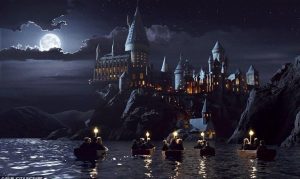
Reception and Impact
Harry Potter and the Sorcerer’s Stone was met with widespread acclaim upon its release, particularly for its faithful adaptation of the source material and its success in casting the key roles. Critics praised the film for its visual splendor and the sense of wonder it evoked, while acknowledging some of the pacing issues that came with translating such a beloved and detailed book to the screen.
The film was a massive box office success, earning over $974 million worldwide, making it one of the highest-grossing films at the time. Its success paved the way for an eight-film saga that would continue to grow darker and more complex as Harry’s story evolved. The cultural impact of The Sorcerer’s Stone cannot be overstated—it introduced the world to a cinematic universe that would captivate audiences for the next decade and beyond.
Conclusion
Harry Potter and the Sorcerer’s Stone is a faithful and visually stunning adaptation of J.K. Rowling’s novel, filled with heart, wonder, and a sense of discovery. While it may feel slow-paced at times and overly committed to following the book’s structure, it successfully establishes the magical world of Hogwarts and its inhabitants. The strong performances, particularly from the young trio and the seasoned adult cast, alongside John Williams’ unforgettable score, make it an enchanting introduction to the Harry Potter series.
For fans of the books and newcomers alike, The Sorcerer’s Stone offers a magical and immersive experience that sets the stage for the epic journey ahead.


